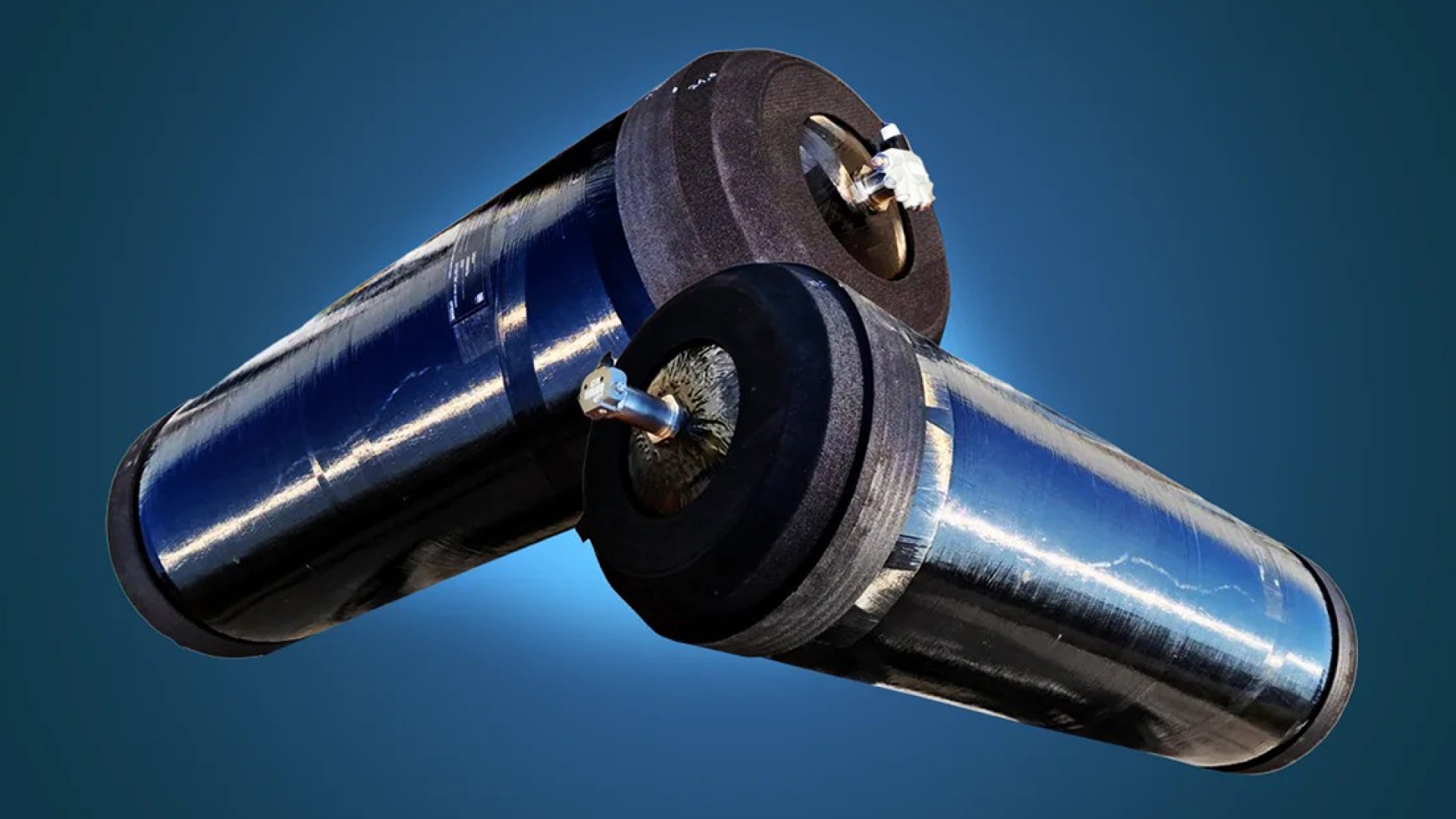
Maintaining a high degree of efficiency in fleet operations is essential for businesses relying on automotive and machinery performance. Fleet managers are continuously seeking innovative solutions to optimize the functionality, longevity, and reliability of their machinery.
A critical component that propels this drive for efficiency is the oil tank, which serves as the reservoir for hydraulic fluid in heavy-duty vehicles and equipment.
The Role of Hydraulic Oil Tanks in Fleet Performance
Hydraulic oil tanks are integral to the proper functioning of a hydraulic system. They store the hydraulic fluid necessary for power transmission, lubrication, and cooling within heavy machinery.
These tanks meet the needs of various hydraulic applications, ensuring that machinery operates smoothly and efficiently. The design and quality of an oil tank can have a significant impact on the overall performance and efficiency of a fleet.
Hydraulic Systems and the Demand for Advanced Oil Tanks
Modern hydraulic systems are becoming increasingly sophisticated, demanding equally advanced oil tanks that can cater to their specific needs. A well-designed hydraulic oil tank ensures a stable fluid supply, maintains optimal temperature, and minimises contamination all vital for the system’s longevity and efficiency.
Advances in oil tank technology have provided fleet operators with more robust, durable, and efficient solutions for their machinery’s hydraulic needs.
Choosing the Right Oil Tank for Fleet Optimization
When selecting an oil tank, fleet managers must consider several factors that directly impact their fleet’s performance. The capacity, material, shape, and additional features such as filtration systems or built-in cooling mechanisms are paramount considerations.
Moreover, the integration of innovative designs, such as modular or space-saving configurations, allows for customisation to fit specific machinery and applications. This customisability ensures that each component of the fleet is equipped with an oil tank that enhances its performance.
Capacity and Material: Building for Durability and Efficiency
The capacity of an oil tank should align with the hydraulic system’s requirements, avoiding both overfilling and underfilling, which can lead to performance issues. Material choices, such as aluminium or steel, offer their own advantages, including weight savings, corrosion resistance, and sturdiness. High-quality materials contribute to the overall durability of the oil tank, directly influencing the maintenance intervals and life span of the hydraulic system.
Technological Innovations in Oil Tank Design
Technological advancements have led to a variety of improvements in oil tank designs. For example, the integration of sensors and monitoring systems can provide real-time data on fluid levels, temperature, and condition. This information is crucial for proactive maintenance and can prevent unexpected downtime, ensuring consistent fleet operations.
Environmental Considerations and Compliance
Environmental sustainability and regulatory compliance are additional factors that impact the design and utilisation of hydraulic oil tanks. Advanced tanks are designed to prevent leaks and spillage, minimising environmental impact and aligning with stringent regulations.
Implementing eco-friendly solutions not only bolsters a company’s green credentials but can also result in cost savings through lesser environmental liability and improved system efficiency.
Enhancing Fleet Management Through Smart Oil Tanks
Smart oil tank solutions are equipped with sophisticated technology that boosts fleet management efforts. The ability to gather and analyse data enables fleet managers to streamline operations, optimise maintenance schedules, and predict potential system failures before they occur. These intelligent systems are reshaping how fleets are managed, promoting a shift towards data-driven decision-making.
Cost Implications and Return on Investment
While the initial investment in advanced hydraulic oil tanks may be higher than standard options, the long-term cost savings and return on investment can be substantial. Reduced maintenance costs, extended equipment life, and improved fuel efficiency are just a few of the benefits that outweigh the upfront expenditure. By prioritising quality and efficiency in oil tank selection, businesses can achieve considerable financial gains over time.
Conclusion: Integrating Advanced Oil Tanks for Fleet Success
The integration of advanced hydraulic oil tanks is a strategic move that can dramatically enhance fleet efficiency. Through careful selection and utilisation of the appropriate oil tank, fleet managers can ensure optimal performance and longevity of their machinery.
Employing innovative design elements, environmentally responsible practices, and smart technologies within hydraulic systems, businesses are in a position to revolutionise their fleet operations, making them more competitive and sustainable in an ever-evolving industry.
Ultimately, the success of fleet management depends on various interlinked elements, with the oil tank playing a pivotal role. By embracing advanced hydraulic solutions, businesses can secure their position at the forefront of fleet efficiency and performance, leading to increased profitability and a more resilient future.
read more : The Best Whoop Band Alternative
